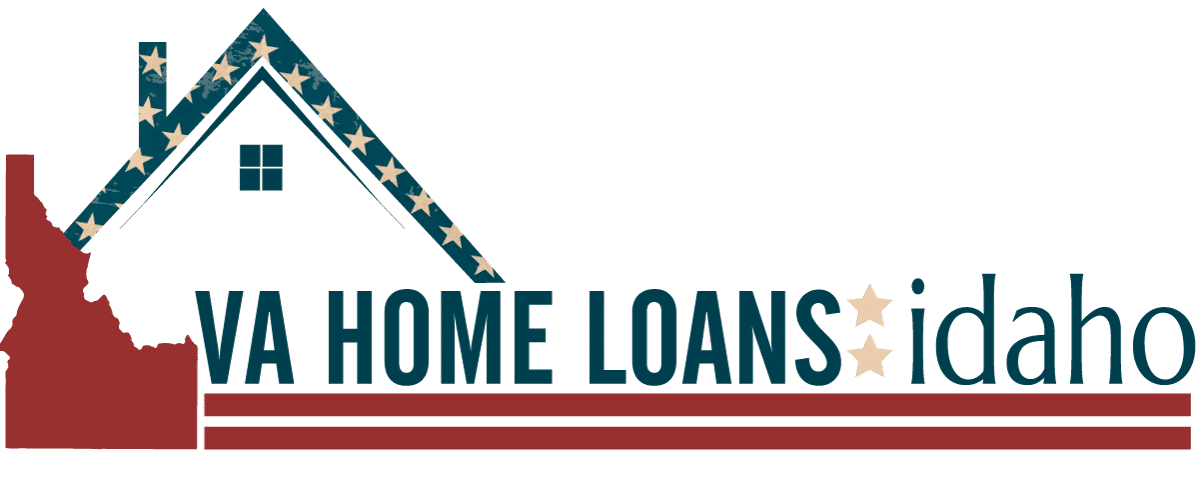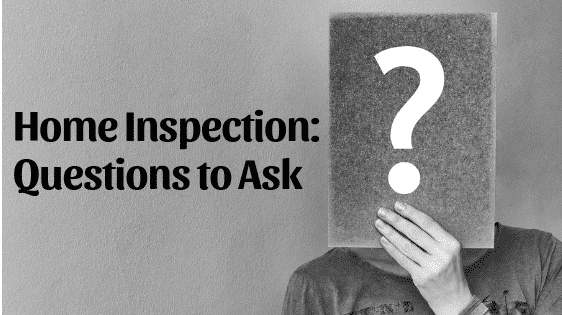
Buying a home is a careful, considerate process. In addition to the measures taken to keep the process controlled, there is also the added stress of financial burden and complicated loaning processes. Although, there are alternatives for home loans! On top of that, the veteran home loan experience has actually been simplified and organized into a very cohesive, flexible system.
VA home loans are not offered by every institution. However, it is because of this that the many institutions offering VA home loans are in competition with one another. This gives veterans a spectrum of loan options with adjustable features to suit their needs.
Unfortunately, a small minority of veterans are taking advantage of these loan opportunities. Loan institutions averaged 431 veteran home loans during the 2018 Fiscal Year. Of the 610,512 loans offered among all lending institutions in 2018, the average loan was $259,725 but almost half of these institutions offered more than this average.
While 600,000+ may seem like an exceedingly large amount of participating veterans, there are still an overwhelming amount of veterans not looking into VA lending options during their home loan search. This could be a result of a lack of awareness or even misconceptions about these lending alternatives. Below, we have listed some of the unmatched benefits that come with VA home loans.
Qualifications for VA Loans
Much like any lending experience, the qualification process tends to be an extensive one. For veteran home loans, there are more flexible terms.
Veterans and active military members are given a little more leniency as far as credit scores are concerned. The threshold for credit is much more permitting.
Ultimately, those interested in VA home loans just need to complete a Certificate of Eligibility (COE) and wait for approval to continue with the lending process. Speaking with your lending officer or representative about what documents are required for their specific institution will get the ball rolling much quicker.
Down Payment
There is no down payment required for qualifying veterans or active military service people. Down payments are easily of the biggest concerns for homebuyers. They tend to put stress on the buyer with a hefty chunk of change that is immediately absorbed. Veterans and active military members, however, do not need to be concerned with this because of the safety net that VA home loans provide. As long as the loan requirements are met, they are able to start a life in a new home now – not after years of saving up for just the down payment.
Interest Rates
There are homebuyers not pressured by the down payment element of the home buying process that exists in today’s world but, typically, these buyers do bare the financial weight of high-interest rates. For military members, interest rates are also protected. While there is not a set interest rate cap, institutions generally keep VA home loan rates much lower than traditional or FHA loans.
Foreclosure Protection
There are clearly some preparatory benefits but foreclosure measures are often an afterthought for home buyers. No one anticipates for hard times to hit but they do happen occasionally. VA home loans also provide homeowners with the peace of mind that there is a secondary security measure for them to fall back on when the unexpected becomes reality.
Fine Print
There are quite a few fine print elements of every home loan that come up as surprises to potential home buyers. Fortunately enough, many of these are simplified or completed excluded in veteran home loans.
Most home loans lenders use the following measures as a safeguard for the lender, borrower, or both: mortgage insurance, uncapped closing costs, and prepayment penalties. For qualified applicants, none of these apply because veteran borrowers are not expected to pay for mortgage insurance, the VA actually restricts what lenders can charge in closing costs, and veteran borrowers are also not penalized for early repayment of their loans. All of these act as support for veterans and active military members in order to offer a more simplified, less expensive loan experience.
Clearly, there are many details even in veteran home loans but the general process has been streamlined as much as possible. Speaking with loan representatives with as much experience as possible will keep you informed and updated about any changes and options.

